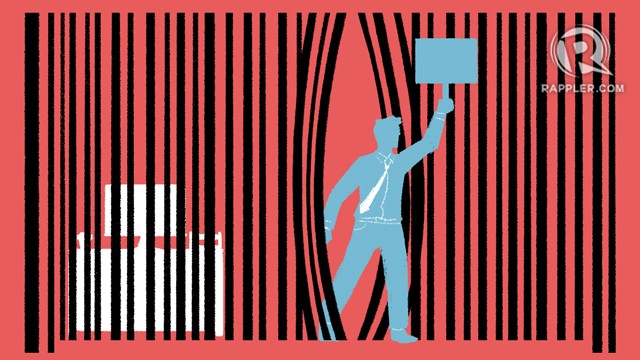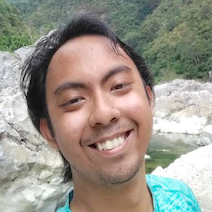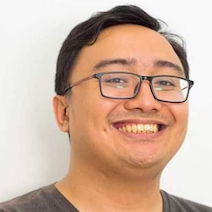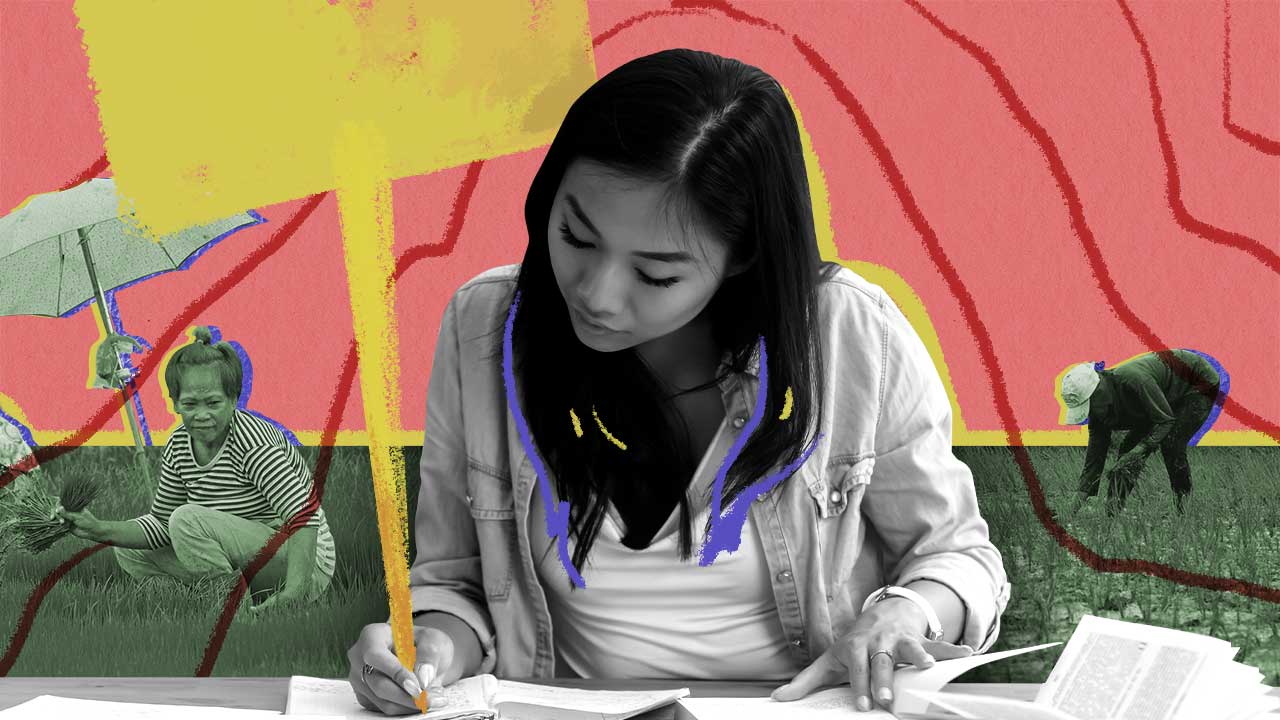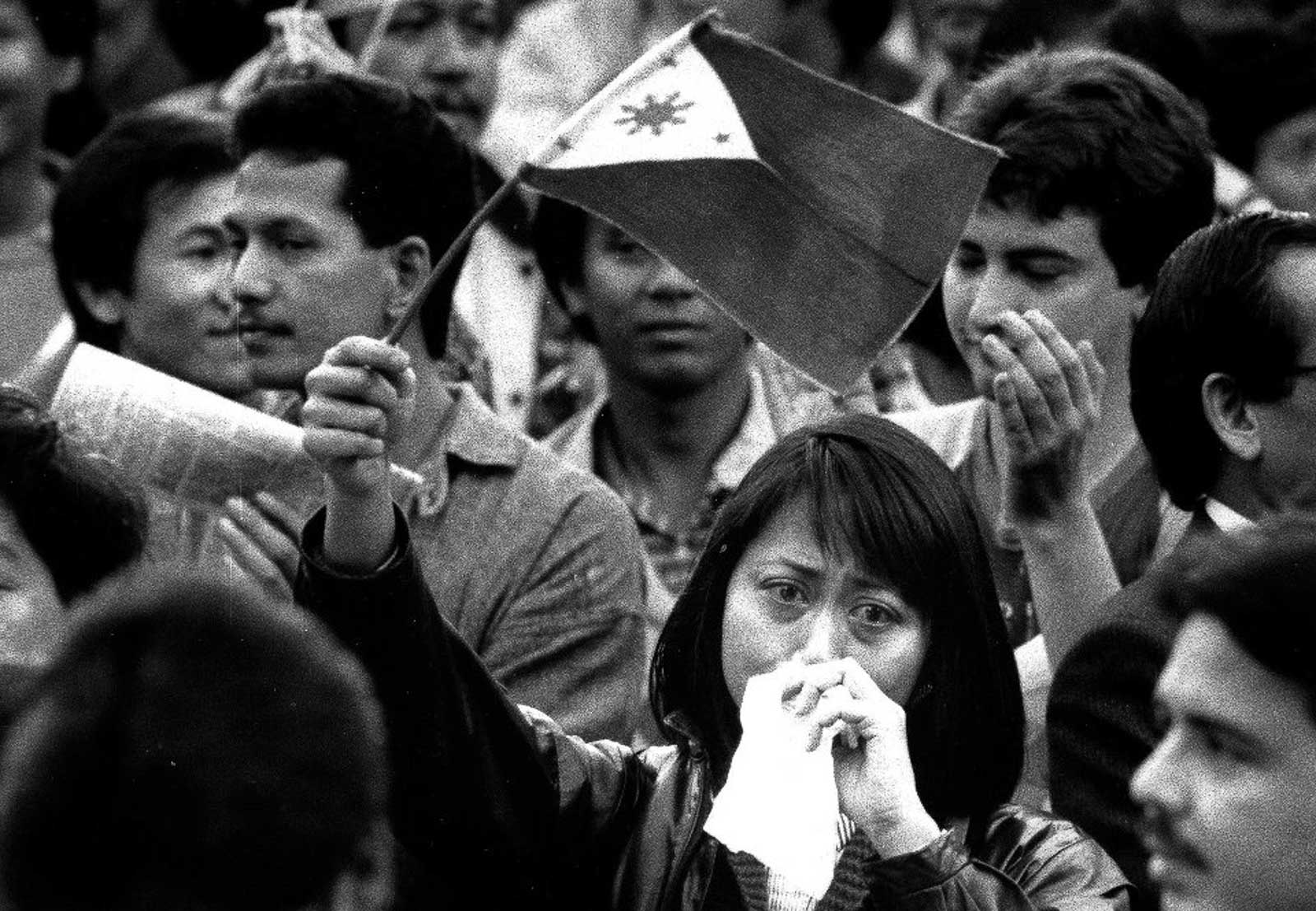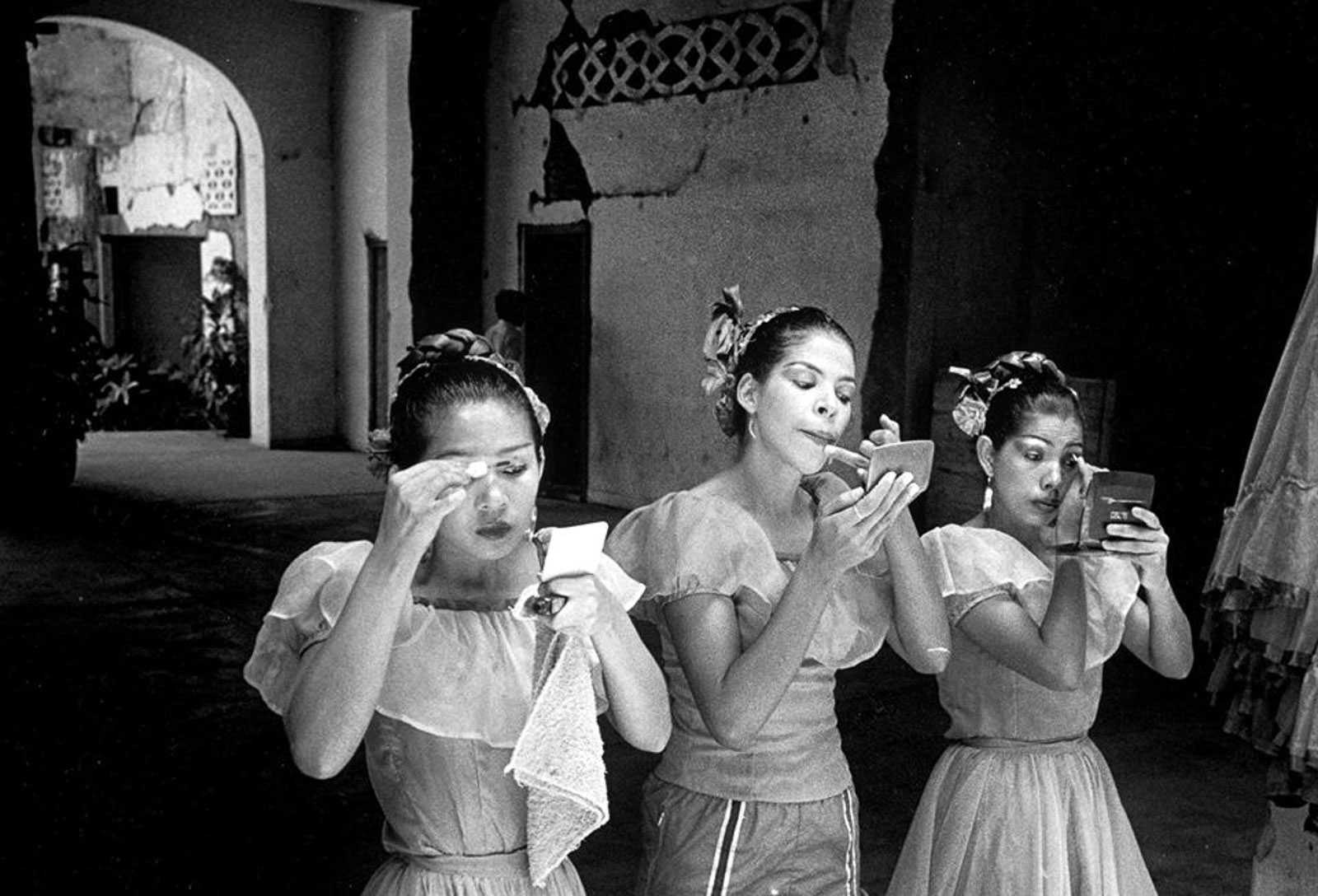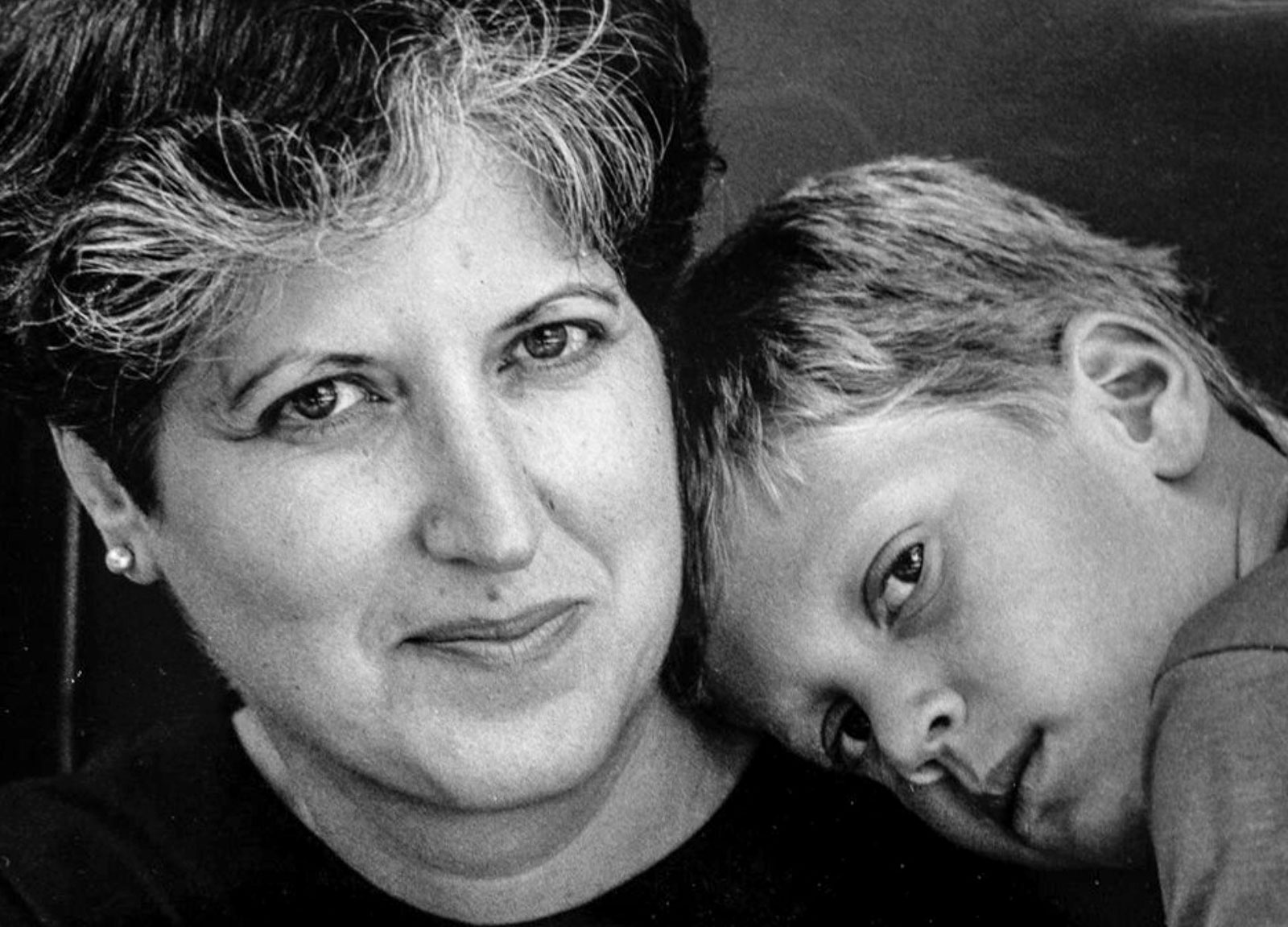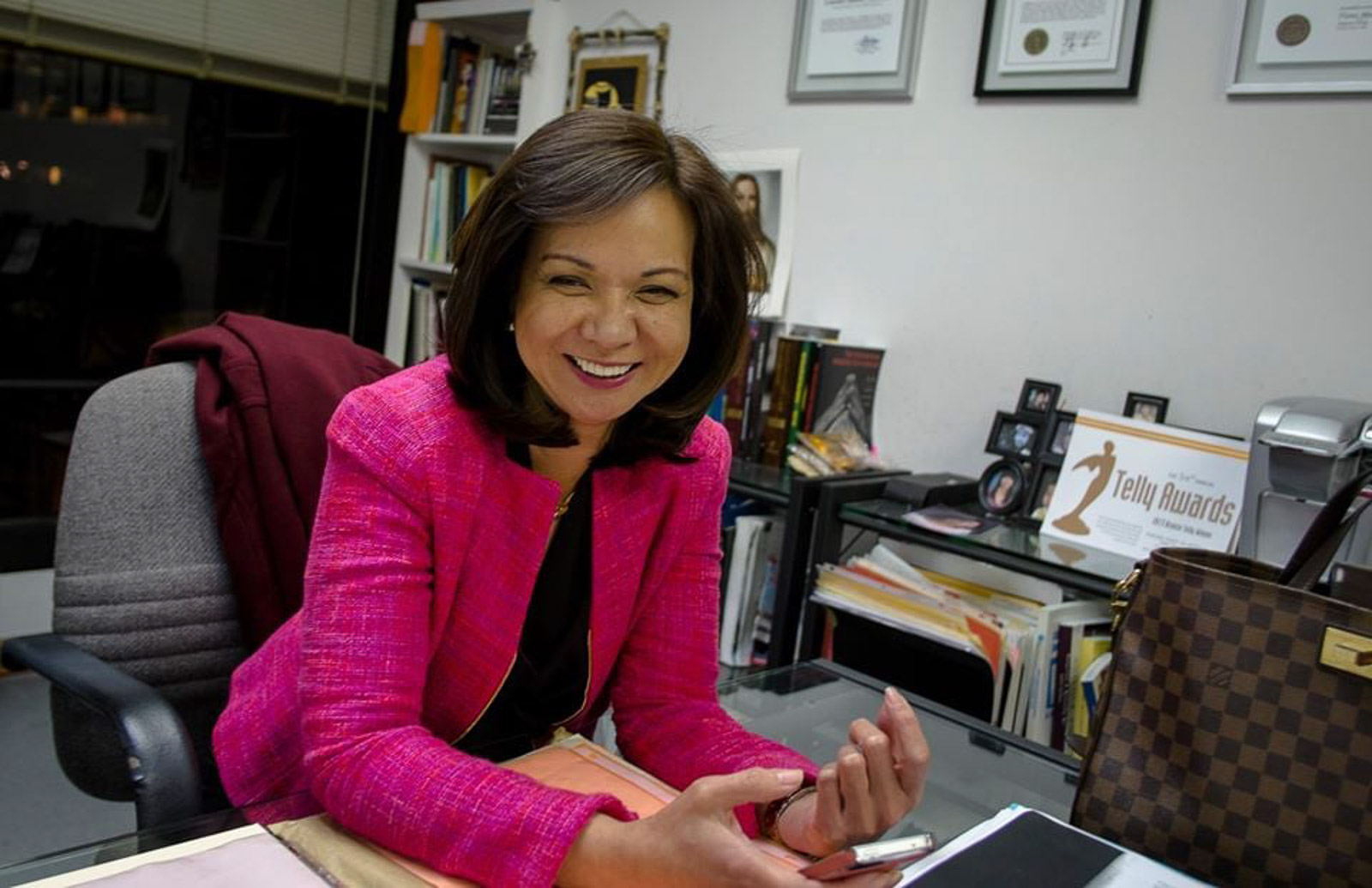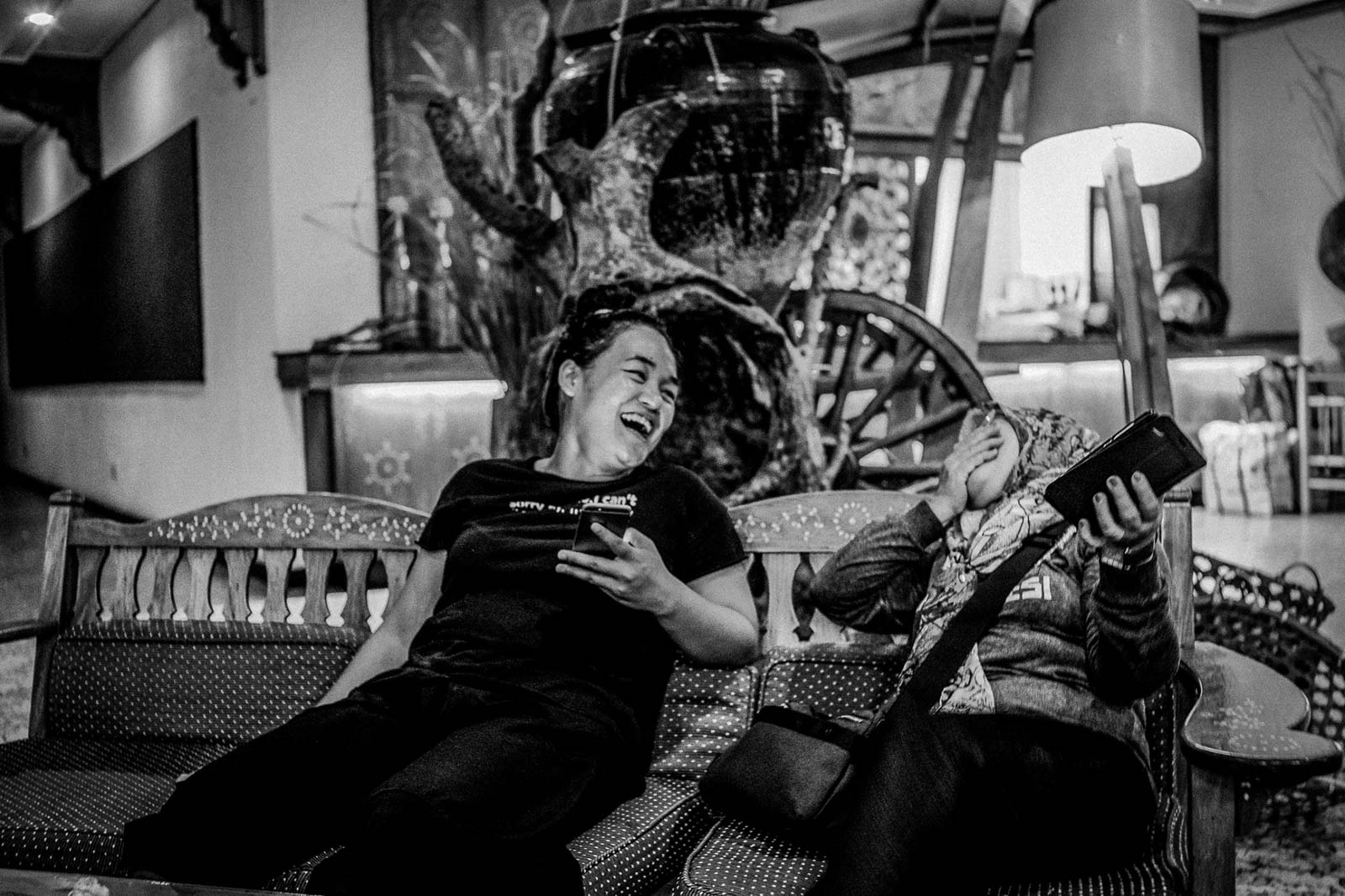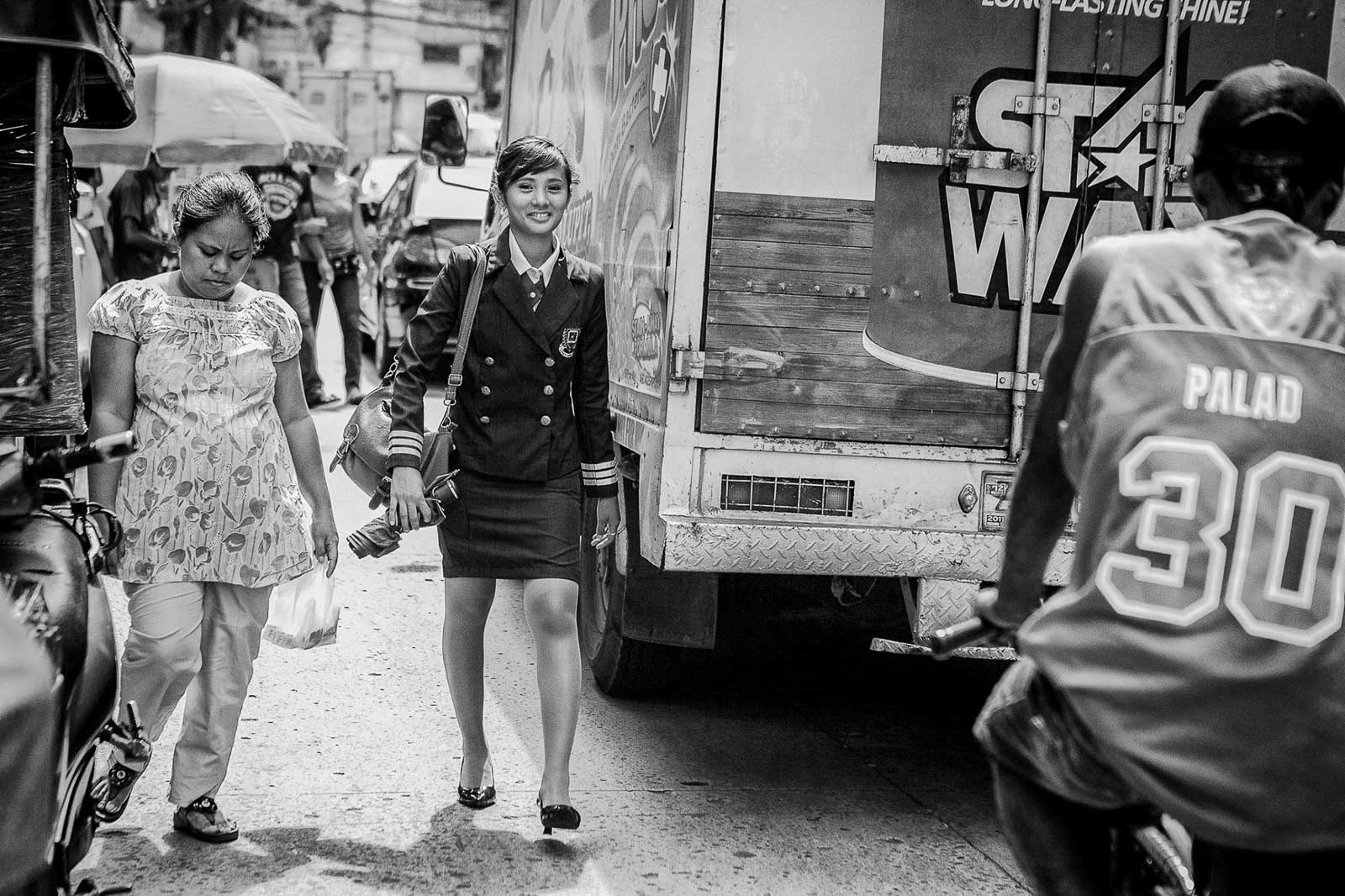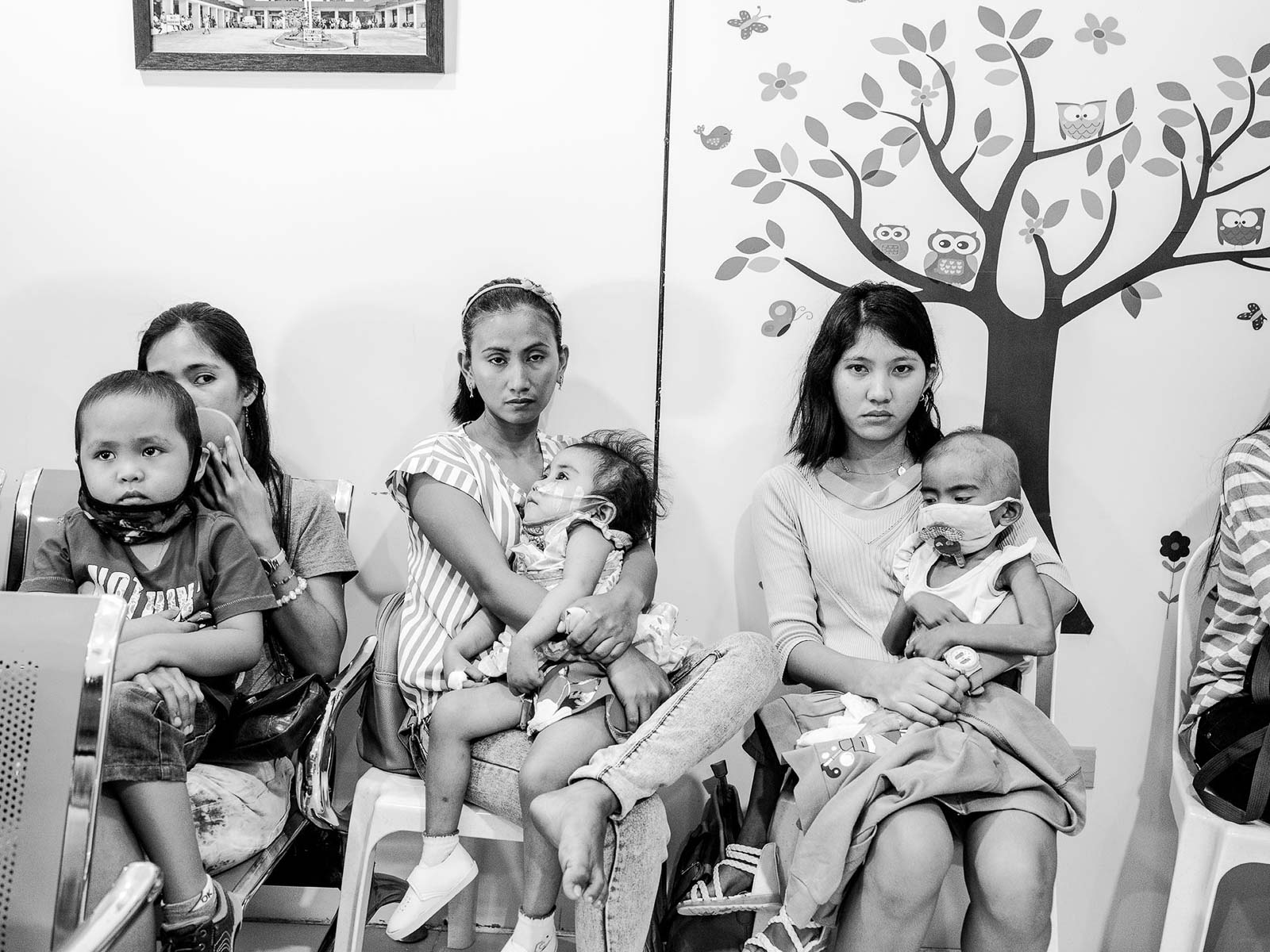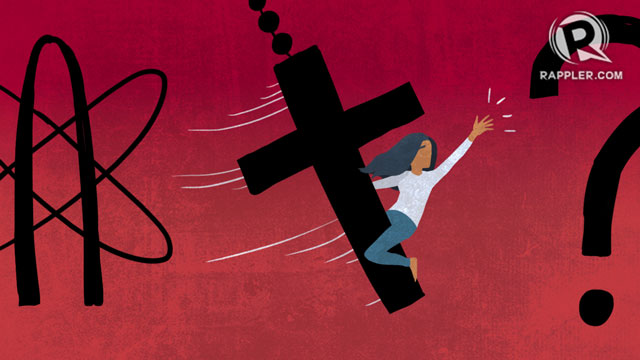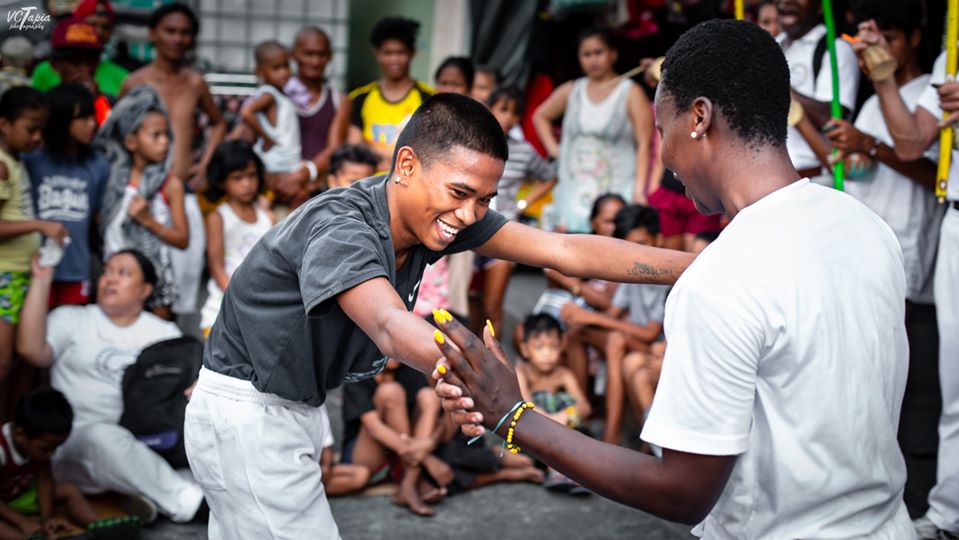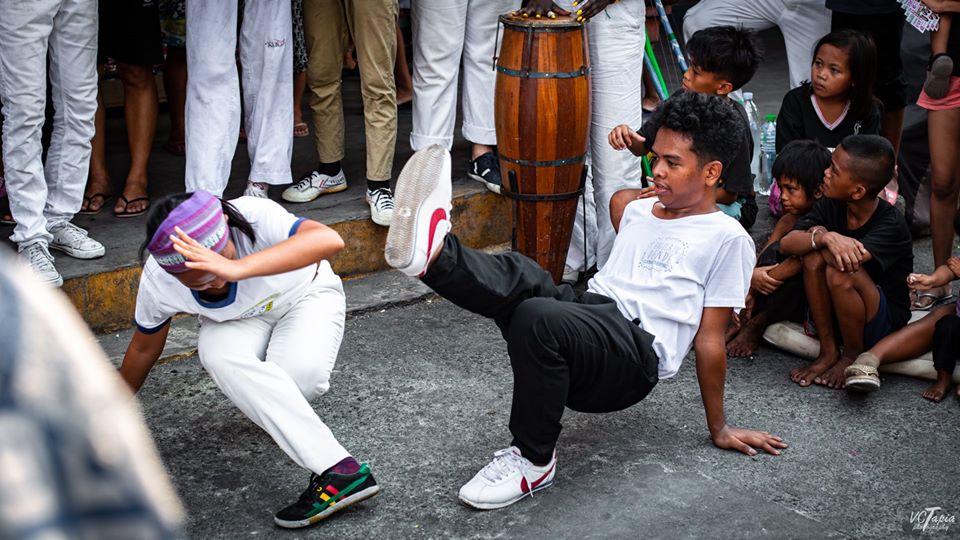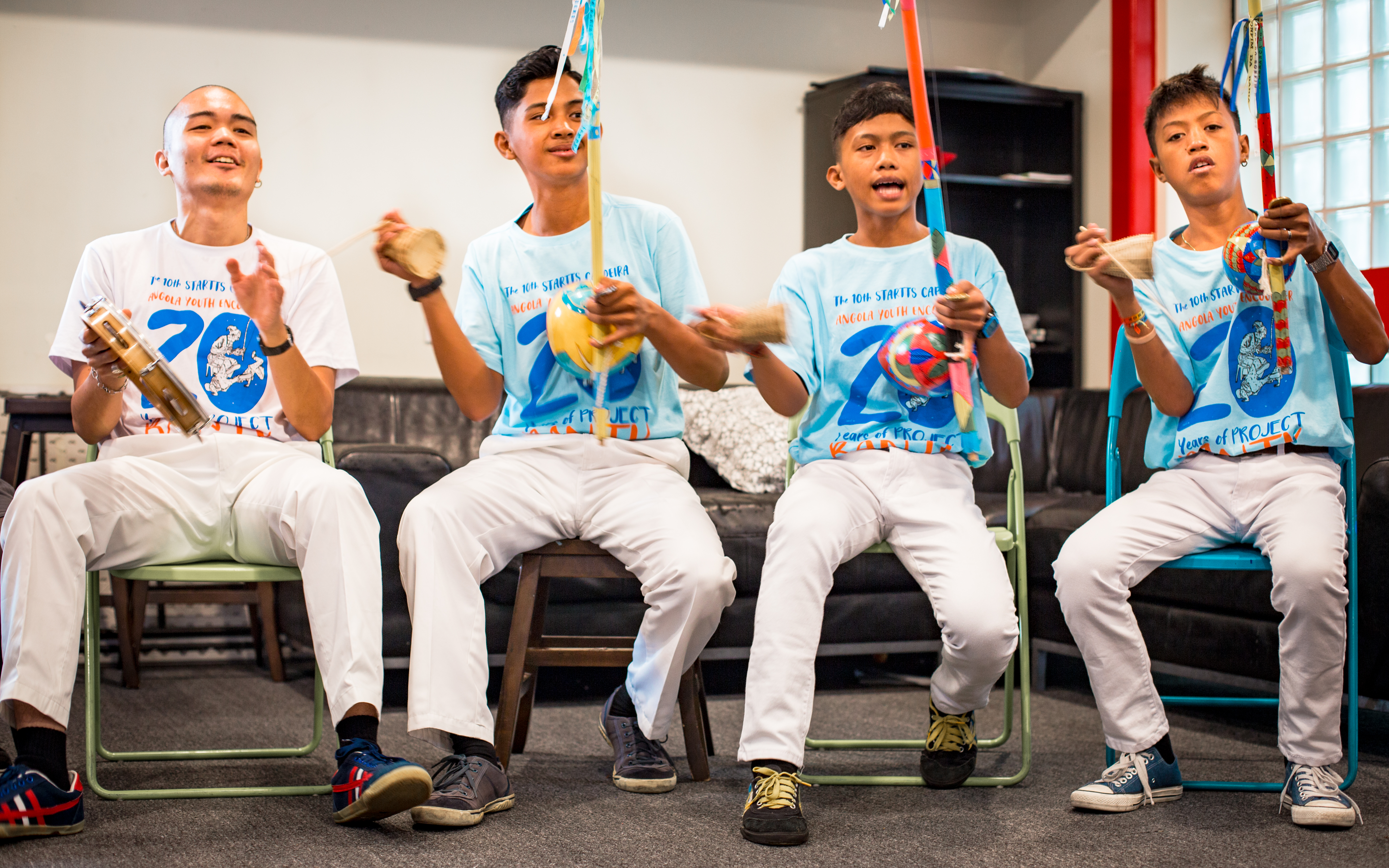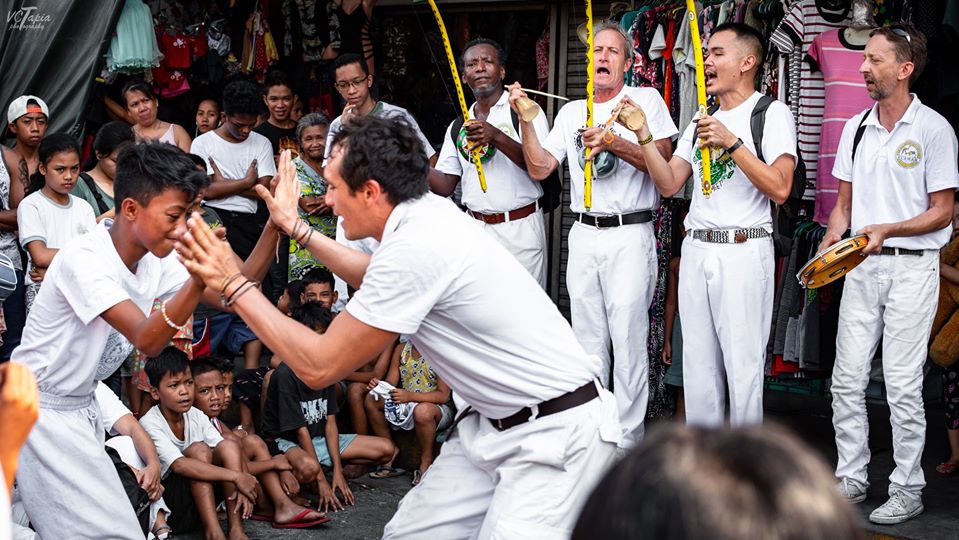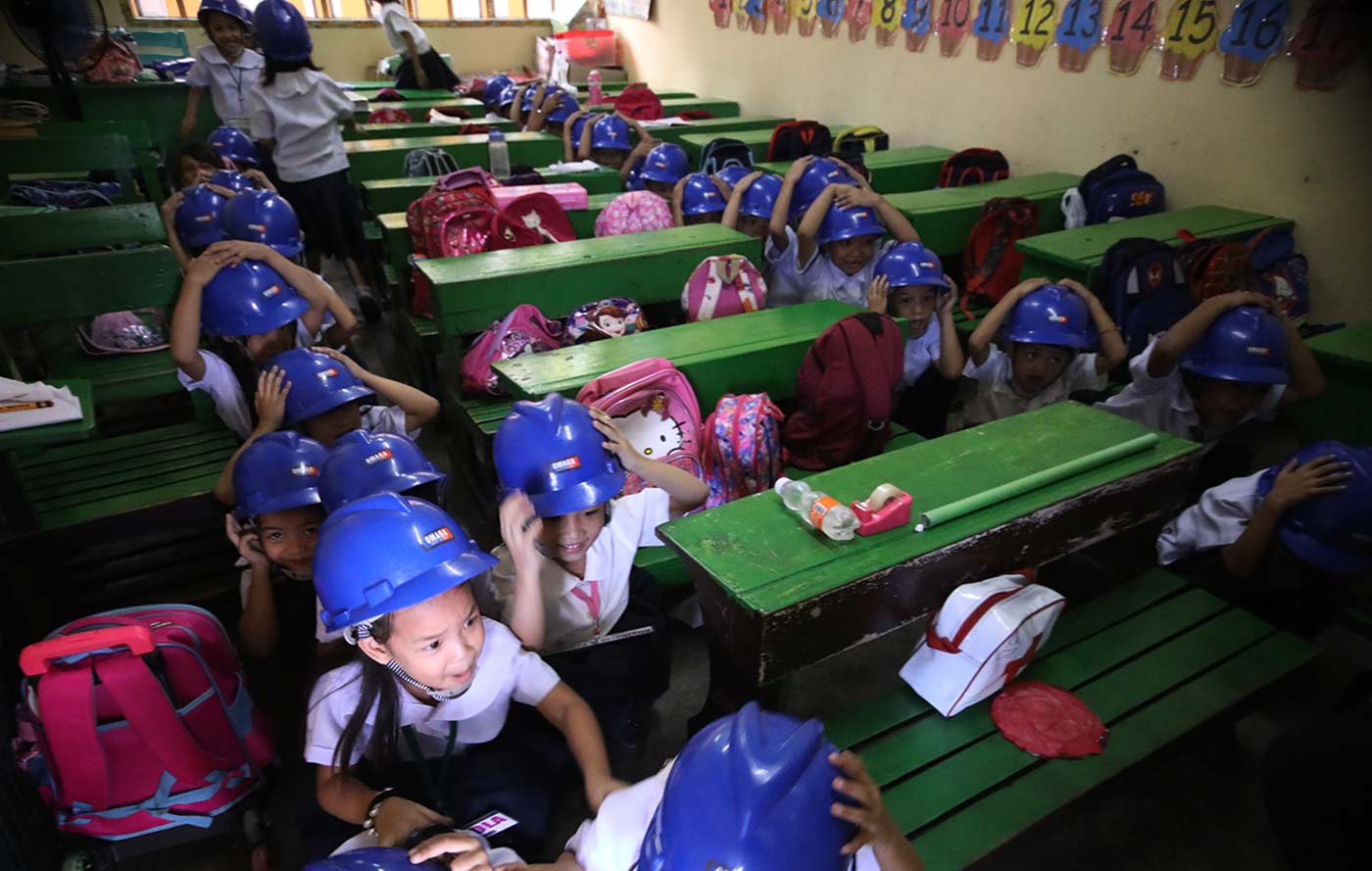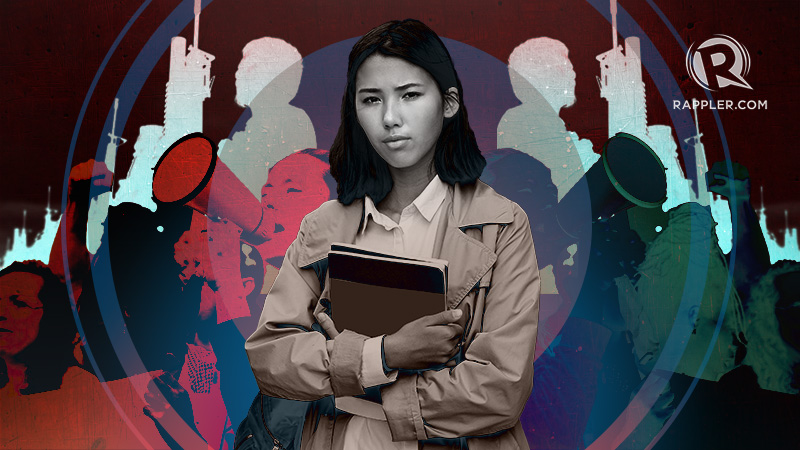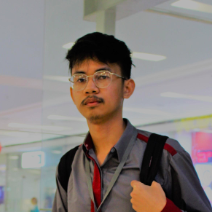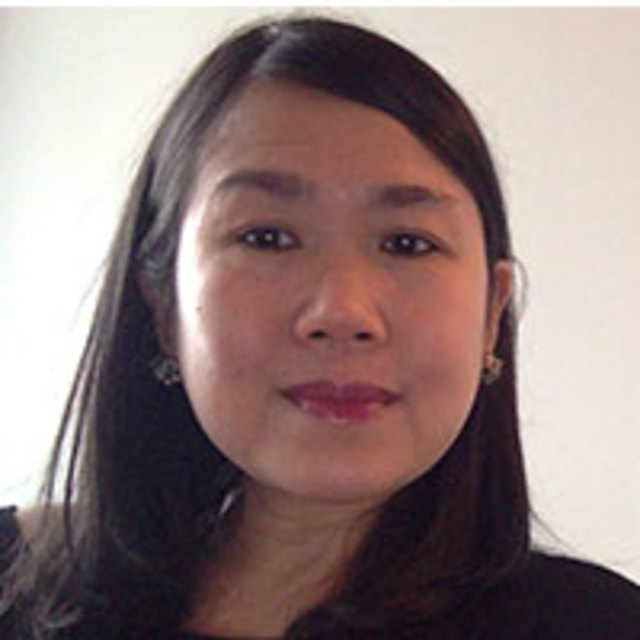![Photos from Djonald Andrade, Atilano's Instagram account, and Rappler]()
MANILA, Philippines– Strong women uplift other women.
This much is true as three Filipina changemakers shared their inspirational journeys in making it their mission to empower women and provide them with more opportunities in the face of discrimination, violence, and gender inequality.
At the #Women2020 Summit organized by Spark! Philippines held at the Samsung Hall on Thursday, March 5, Cherrie Atilano, the chief executive officer and founding farmer of Agrea Philippines, highlighted the importance of empowering women on the margins, especially those from rural and farming communities.
![ADVOCACY. Agrea's chief executive officer and founding farmer Cherrie Atilano talks about her advocacy during the #Women2020 Summit at the Samsung Hall on Thursday, March 5. Photo by Samantha Bagayas/Rappler]()
“They couldn't really have the confidence to decide what to do with their land, how to farm– it's because the land title is under their husbands' [names],” Atilano said.
It was during her time in Marinduque – one of the country's poorest provinces in the entire archipelago – that she witnessed cases of incest and rape. Atilano recalled that the women were especially vulnerable to rape when they head to the woods to relieve themselves due to lack of toilets.
The lack of family planning also resulted in a high incidence of unintended pregnancies, she added. She had met a mother who has given birth more than 17 times.
Having started farming at 12, Atilano believed that melding agriculture with social enterprise could help empower Marinduque's women, and ultimately their families and communities. This was how Agrea- a portmanteau of "agriculture" and "Gaea", the Greek goddess of the earth- was born. (WATCH: Making agriculture a viable career for millennials)
Agrea, which is based in Marinduque, advocates organic farming that not only provides sustainable livelihood to families but also helps mitigate the effects of climate change and addresses food security issues. Agrea is a government-recognized farm school. Last year, it opened a branch in Siargao, Surigao del Norte.
![TEACHING AGRICULTURE. Students from Marinduque work on their school garden in one of AGREA's projects 'The Garden Classroom' that helps teach kids the value of growing their own food. Photo courtesy of AGREA]()
Through the initiative, women have become agriculture entrepreneurs.
“If you invest in women in farming communities, it's an investment in the entire community,” she said.
Atilano said that by teaching women to farm and sell their goods, they get to help their families whose income might sometimes get wasted on cock fighting or alcohol by the men.
She highlighted that economic empowerment, coupled with education, can greatly help women, especially in fighting poverty. From learning how to farm, some Agrea farmers are now looking into farm tourism and getting access to basic needs such as toilets.
“When women are empowered in terms of money and education, they have a say [in] decision-making, they feel confident, and they build wonderful homes,” Atilano said, adding that women empowerment translates to sustainable households and "building nourished homes."
More importantly, she said, economic development becomes inclusive and sustainable.
Aside from training, Agrea also provides programs and spaces where women can speak up such as the Leaders and Entrepreneurs in Agriculture Forum (LEAF).
“It's inspiring to see how women are actually being empowered in farming communities and those communities are really thriving. We say farming is cool, smart, sexy but at the end of the day, farming is really humane. It must be humane not only to the men but it must be more humane to women in the farming communities,” Atilano added.
Fight to protect
Jiu-jitsu world champion Meggie Ochoa doesn’t just fight people on the mat: she also fights for children who experienced sexual abuse and exploitation.
Ochoa’s advocacy started when she read a CNN article about a Mexican woman who said she was raped 43,200 times. The woman narrated she was sexually abused by around 30 men every day in a span of 4 years.
Disturbed by the story, Ochoa couldn’t sleep for several nights. This led her to do some research where she found out that child sexual abuse and exploitation were also rampant in the Philippines. The country was tagged as one of the global source of child pornography, according to a Unicef report in 2017.
“We have been tagged as a global hotspot...I couldn't stand that fact but what could I do, right? I'm an athlete, what's the connection of all of this?” she asked.
![EMPOWER. Jiu-jitsu world champion Meggie Ochoa talks about using the sport to empower traumatized children during the #Women2020 Summit at the Samsung Hall on Thursday, March 5. Photo by Samantha Bagayas/Rappler]()
In December 2016, Ochoa stumbled upon Safe Haven, a home for children who have experienced severe trauma, neglect, abandonment, and abuse. Hoping to help the kids deal with their trauma, Ochoa and her team at Jiu-Jitsu Manila began teaching them the sport.
Since it was a close contact sport, the kids were tentative brought by the trauma they had experienced. (READ: This champ uses jiu-jitsu to help victims of child sex abuse)
Ochoa consulted with experts to come up with a specific curriculum that would introduce them to the contact, embrace an intimate awareness of their own body, and regain their confidence.
Soon enough, the kids fell in love with the sport and later joined jiu-jitsu competitions, winning medals for their stellar moves. Ochoa shared that it was through jiu-jitsu that girls at Safe Haven learned to fight for themselves again.
Ochoa recalled a time when she accompanied the girls to court hearings where they had to face their perpetrators. Scared of seeing them again, the girls would run away and cry.
Using what they learned from jiu-jitsu, Ochoa simulated the court trial session and treated it like a competition where they’ll do a pep talk and give honey as a pre-workout treat. This later helped girls speak for themselves in court.
“That kind of victory is worth more than what any medal can give,” Ochoa said.
The Fight to Protect project – a movement Ochoa founded in 2018 to shed light on child sexual abuse and exploitation – continues to teach children jiu-jitsu as a way to deal with their trauma. In fact, several of the kids from Safe Haven have become instructors themselves, teaching the sport to younger children who could also pass it on to the next generation.
After becoming the first Filipino Jiu-Jitsu International Federation world champ, Ochoa hopes to promote her advocacy to a larger audience.
“An issue like child sexual violence or not even just this but any issue that we face, is always complex and cannot be resolved by any one person or any one organization or any one gender. Men and women together, we have to unite and work together,” she said.
‘If the sea level is rising, so should women’
Aside from abuse and violence, women are especially vulnerable to the impacts of the climate crisis. But Youth for Climate Hope’s Coleen Awit knows that women also play an integral role in solving it.
“In the climate discourse, women should not be an afterthought...If the sea level is rising, so should women. Because despite our vulnerability, women can also be the solution,” Awit said.
![COMMON HOME. Youth for Climate Hope's Coleen Awit gives a talk during the #Women2020 Summit at the Samsung Hall on Thursday, March 5. Photo by Samantha Bagayas/Rappler]()
She acknowledges that women still face economic, political, and social barriers that are further exacerbated by gender inequalities, making it hard for them to meet their needs before, during, and after climate-induced disasters.
Awit added that while rural women and other marginalized sectors face much greater threats, considering their dependence on natural resources for their survival, this can be used as an opportunity for them to take part in the climate crisis discourse.
“Being [in] the frontline of its effects makes women more knowledgeable about the equitable and sustainable solutions both to mitigating and adapting to the rapidly changing climate,” she said.
Youth for Climate Hope, a coalition pushing for climate justice and environmental protection, are the young Filipinos behind coal-free Negros.
It was through a monumental protest that gathered nearly 2,000 students outside the provincial capitol that prompted then Governor Alfredo Marañon Jr to declare Negros Occidental coal-free on March 6, 2019.
![YOUTH PROTEST. San Carlos Bishop Gerardo Alminaza poses with youth protesters at the Negros Occidental Provincial Capitol on March 6, 2019, while holding the executive order declaring the province as coal-free. Photo by Rexor Amancio/Climate Reality Philippines]()
Youth for Climate Hope’s fight against coal is a continuation of that led by veteran anti-coal activist Dr. Romana de los Reyes, along with other Negrosanon mothers and women. De los Reyes has been pushing for a coal-free Negros for 22 years now.
This time, young women of Negros continue to fight to secure a livable future through Youth For Climate Hope’s consciousness-raising campaigns in schools, protests, and policy lobbying.
“It is very crucial for women to be open to more opportunities, to more spaces, and to more resources for them to be able to participate in the climate discourse. It's very important that we invest in educating more women and young girls for this could help unleash their capabilities in tackling this issue,” Awit said.
“We want every woman to be able to decide which Earth will be home to her and to the future generations,” she said. – Rappler.com
![]()
